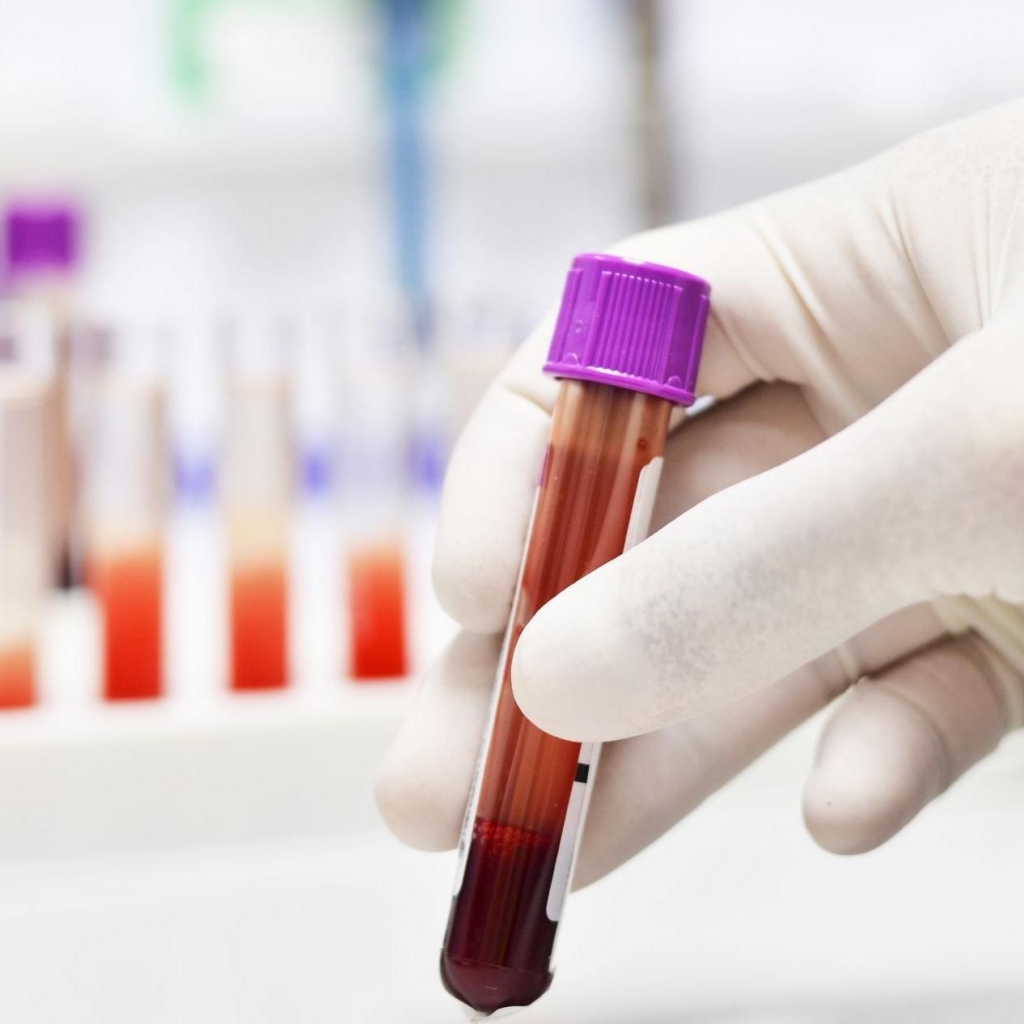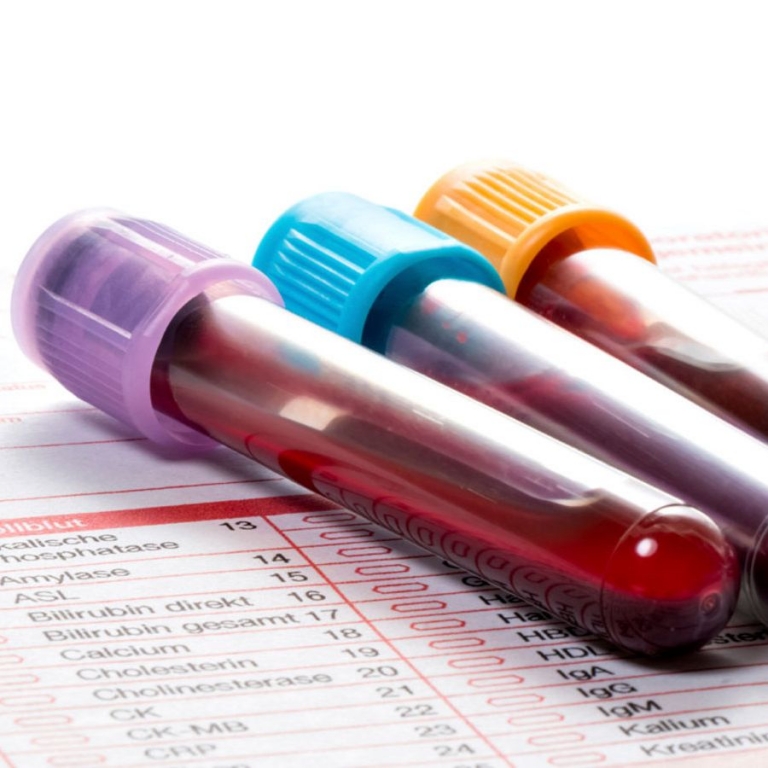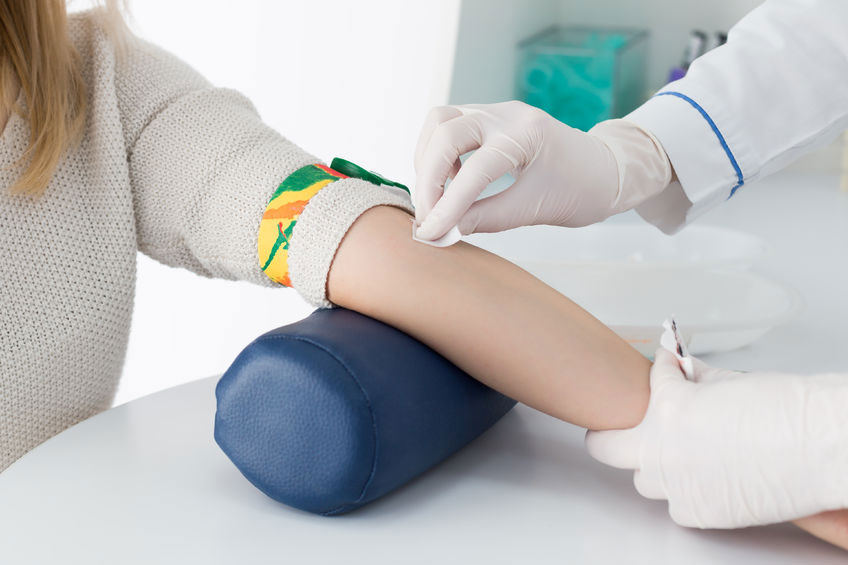Thrombosis (embolus occlusion) laboratory test package - Covid-19
Coronavirus vaccines have recently been associated with the formation of emboli following their administration, resulting in deep vein thrombosis and pulmonary embolism in a very small proportion of patients.
However, the formation of blood clots can also be caused by the coronavirus infection itself as a complication, at a much higher rate and severity.
If you have a predisposition to thrombosis as a result of previous tests, or even as a precaution, it is advisable to have special blood clotting tests performed after receiving coronavirus vaccine to determine if blood clots have started to form in the body and you are therefore at risk of developing thrombosis.
Which tests does the package include?
The package was designed to determine the risk of blood clots and thus thrombosis. In addition to the most commonly recommended D-dimer test, the package includes a blood count in which platelet (thrombocyte) counts are crucial, as well as fibrinogen level monitoring.
Blood count
A blood count is a complex test used to determine the relative and absolute number, type, size, shape, and other physical characteristics of the formed elements (red blood cells, white blood cells, platelets) present in the blood.
The test provides information about the red blood cell, white blood cell and platelet populations present in the blood. Based on the results, it can be concluded that the presence of coagulation disorders, as well as inflammatory processes in the body. Blood loss, dehydration, anaemia can be diagnosed, as well as hematopoietic cancer (lymphoma, leukaemia) and other hematopoietic diseases (e.g. bone marrow failure).
High platelet (i.e. thrombocyte, THR) values may also indicate an increased predisposition to thrombosis.


Fibrinogen
Fibrinogen is a proteinaceous coagulation factor that plays an essential role in the blood clotting process. Thrombin (an enzyme present in the blood) produces fibrin fibres from fibrinogen, which form a fibrin network. The fibrin network, together with the adherent platelets, forms a blood clot to prevent further blood loss.
The cagulation system works properly if the clot is formed solely at the site of injury. If the activation of the blood clotting system is excessive, clot formation in the vascular system is scattered (in several places), which can lead to abnormal clotting and thus indirectly to the formation of a thrombus (blood clot).
The test helps assess whether the body is able to create and dissolve blood clots, thus ensuring a steady state.
Elevated fibrinogen levels present a moderate risk of blood clot formation, which may also predict the risk of developing cardiovascular disease over time. However, elevated fibrinogen concentrations are usually temporary and can be triggered by several conditions: acute infection, cancer, inflammatory diseases, trauma, infarction, or stroke. When the triggering condition disappears, the value returns to the normal range.
D-dimer
D-dimer is a protein product that is formed during the clotting process and is formed in the degradation process following blood clot formation.
After measuring D-dimer, it is revealed whether the patient has a factor that has activated the body’s blood clotting mechanism to a greater extent than normal. The presence of D-dimer is most commonly examined in cases of suspected deep vein thrombosis or pulmonary embolism.
A blood clot can form in any blood vessel (brain, lungs, limbs) that can be detected by the test, as indicated by an increase in D-dimer levels. However, the test is not specific for venous thromboembolic diseases. Elevated values may be due to pregnancy, severe infection, cancer, burns, surgery, or any trauma, therefore further testing is needed to determine the exact cause.
In which cases is it recommended to have the tests included in the package performed?
The tests included in the package assesses the risk of developing thrombosis.
The tests may also be performed to determine the risk of possible thrombosis after coronavirus vaccination. In this case, sampling is recommended 7 to 15 days after vaccination.
What to do after the test?
The finding alone does not constitute a diagnosis, in all cases consult your GP or internist, who will recommend appropriate therapy if there is a risk of blood clots.

How do I prepare for the test?
The test requires no preparation. Having an empty stomach is recommended before sampling.
When is the result expected?
The next workday after sampling.

